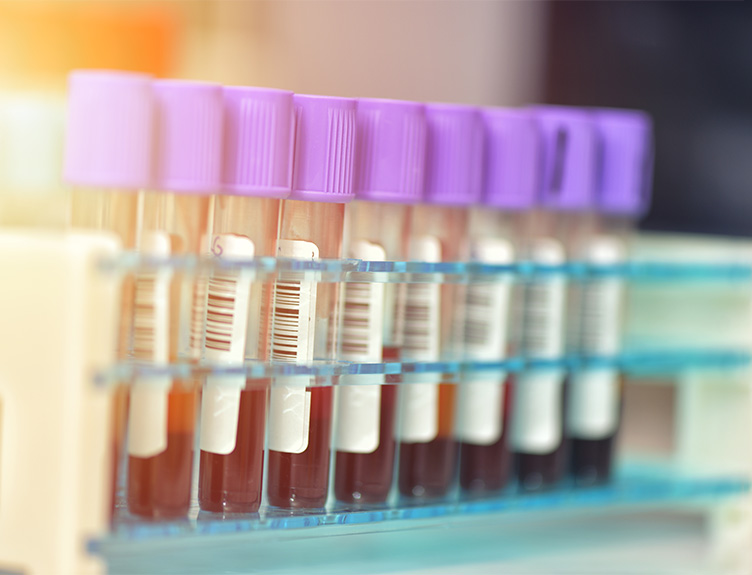 The finding, Opens in new windowpublished in Advanced Functional Materials, was led by researchers at the Tissue Engineering Research Group (TERG) and SFI AMBER Centre based at RCSI’s Department of Anatomy and Regenerative Medicine.
The finding, Opens in new windowpublished in Advanced Functional Materials, was led by researchers at the Tissue Engineering Research Group (TERG) and SFI AMBER Centre based at RCSI’s Department of Anatomy and Regenerative Medicine.Platelet-rich plasma (PRP) is a natural healing substance in our blood. This study explores ways of enhancing the wound healing process by extracting PRP from the blood of a patient with a complex skin wound and manipulating it through 3D printing to form an implant for tissue repair which can be used to treat difficult-to-heal skin wounds in a single surgical procedure.
Results showed that application of the 3D-printed PRP implant helped to speed up the healing of the wound by enabling efficient vascularisation (meaning development of new blood vessels) and inhibiting fibrosis (scarring/thickening of tissue), both of which are essential for effective wound healing.
Speaking about the novel aspects of this discovery, Professor Fergal O’Brien, Professor of Bioengineering and Regenerative Medicine at RCSI, said: "Existing literature suggests that while the PRP already present in our blood helps to heal wounds, scarring can still occur. By 3D-printing PRP into a biomaterial scaffold, we can increase the formation of blood vessels while also avoiding the formation of scars, leading to more successful wound healing.
"As well as promising results for skin wound healing, this technology can potentially be used to regenerate different tissues, therefore dramatically influencing the ever-growing regenerative medicine, 3D printing and personalised medicine markets."
Funding for this project came from Science Foundation Ireland under the M-ERA.NET EU network and the Advanced Materials and BioEngineering Research Centre, and the EU BlueHuman Interreg Atlantic Area Project.
The RCSI research team collaborated with researchers from the Opens in new window3B’s Research Group at University of Minho and Opens in new windowICVS/3B’s Associate Laboratory in Portugal, the Opens in new windowTrinity Centre for Biomedical Engineering and Opens in new windowAMBER, the SFI Centre for Advanced Materials and Bioengineering Research.
rcsi.com


